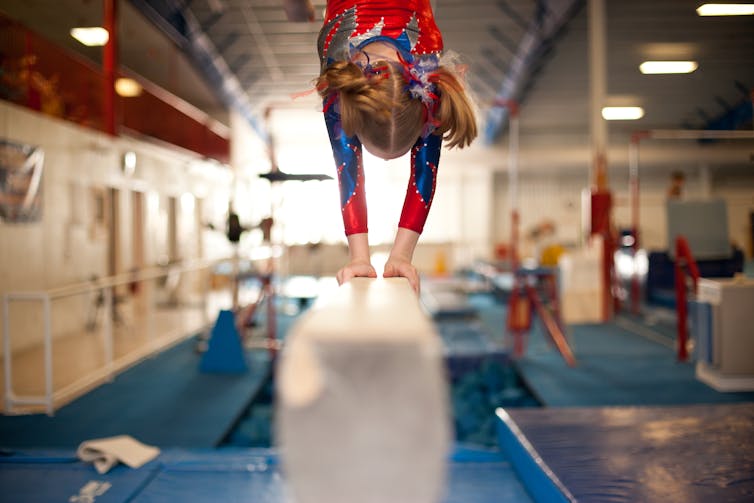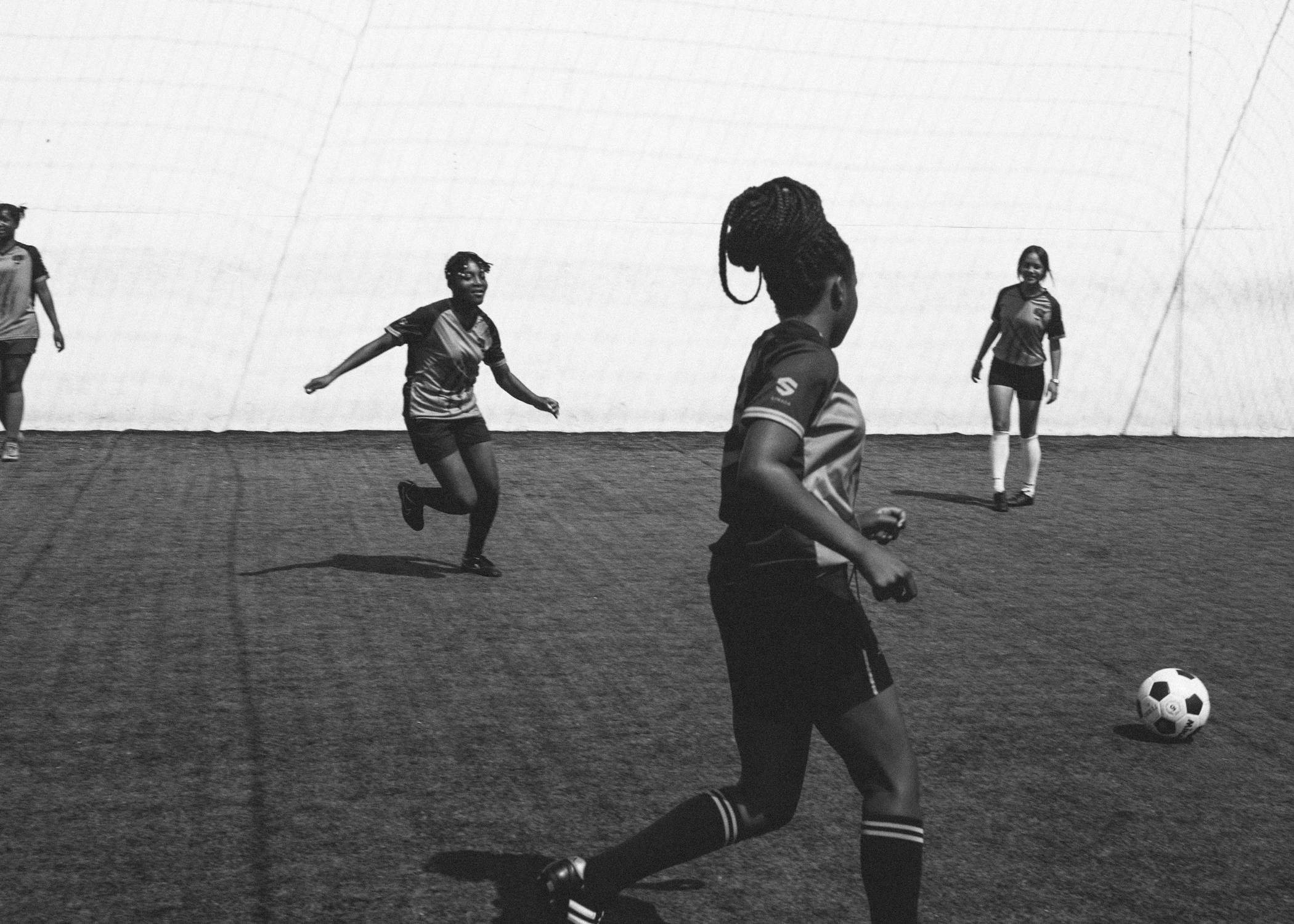[ad_1]
Though sport is usually touted as a car for optimistic experiences, several investigations into sporting cultures – significantly superior performance sport – have highlighted how predatory or abusive conduct by coaches can arise and be tolerated.
The prospective for (and actuality of) abuse in youth sport is dependent on a variety of variables. This includes the standing of the mentor to produce “champions”, the dollars medals crank out for an organisation, the tension felt by athletes to endure discomfort and irritation as section of instruction, and a typical culture of obedience.
For those good reasons, a robust, sustainable youngster safeguarding (CSG) policy has become a critical move to be certain New Zealanders – younger and outdated – can keep on to take pleasure in their involvement in activity.
The hazard, even so, is that these essential safeguards can inadvertently create confusion and cultures of suspicion among colleagues, parents and athletes. When even a congratulatory superior-5 or reassuring pat on the back can be misconstrued, we require to request how we get the equilibrium ideal.
Holding little ones protected
Encouragingly, the New Zealand’s Children’s Act (2014) introduced a collection of modifications more than the previous number of yrs to increase the protection of youngsters and adults performing with young children in a selection of settings.
Despite the fact that the law is not particularly aimed at the activity sector, Activity NZ – the crown entity dependable for governing activity and recreation – has responded with many (on the web) training modules, and engaged with the sector to safeguard young children interacting with grown ups in activity settings.
Notwithstanding this progress at property, international study implies the legal prerequisites on coaches can trigger confusion, spoiling the usually nutritious and optimistic interactions coaches can have with mom and dad and young athletes.
This is primarily accurate of volunteers, who make up this kind of a large proportion of coaching roles typically, and who normally struggle to entry nuanced CSG instruction in preparation for their roles.

ssj414/Getty Photographs
Policy fails to make it into observe
At this time, the affect plan is acquiring on mentor and athlete ordeals is not perfectly comprehended in Aotearoa New Zealand.
To get started to tackle this, we requested 237 coaches from all around the nation to comprehensive an on the web study of their comprehending of CSG policy in their activity or club, and how that policy is influencing their coaching.
Although the results indicated some activity organisations are achieving extra coaches than other individuals, total the benefits indicated considerable uncertainty about what CSG policy exists or what it calls for.
Study a lot more:
Gymnastics NZ has apologised for past abuses — now it must empower athletes to direct adjust
In certain, only 33% of volunteer coaches thought of existing CSG coverage valuable in their roles.
A lot of members (60%) reported they experienced not produced any alterations to their coaching apply in reaction to CSG policy. Notwithstanding the commendable endeavours designed by Sport NZ (and other people), this is about and implies a great deal extra clarity is needed to ensure protected sporting environments.
Blanket bans have trumped nuanced plan
So, what forms of modifications are currently being produced by the remaining 40%? Knowledge from this and other exploration indicates some coaches and organisations are misinterpreting CSG policy, and for that reason making adjustments based mostly on what they imagine is suitable.
For occasion, contributors reported policies in their activity or club aimed to limit males from coaching ladies, and inspired sweeping bans of all physical get hold of in between older people and children.
Nevertheless, these reactions are not advocated as the “best practice” outlined in the Children’s Act or Sport NZ’s coaching. Alternatively, it looks the deficiency of clarity surrounding CSG best follow is from time to time centered much more on people’s “best guess”.
Read through a lot more:
Bradley Wiggins alleges he was sexually groomed by a mentor when he was about 13: professional clarifies safeguarding in activity and what extra demands to be completed
We suggest this is largely driven by wider, societal anxieties about abuse in activity, and is triggering persons to make improvements that are neither needed nor essential.
As study in Aotearoa and overseas has revealed, this has bundled “no touch” and gender separation insurance policies that lead to adults and kids viewing each and every other as perhaps perilous.
This in turn prospects to cultures of suspicion fairly than positive and sustainable cultures of safeguarding. Similarly relating to is the risk of turning excellent folks absent from activity if misinterpretations escalate.
Balance essential to reduce lengthy phrase damage
No a person wishes youngsters uncovered to predatory behaviour in activity. But discouraging conversation concerning males and women, or adults averting any actual physical call with youngsters, isn’t a solution.
Analysis indicates this society of suspicion can worsen more than time, which is antithetical to a beneficial instructional practical experience. As scholars in the British isles have advised, this inevitably potential customers to considerable collateral damage to intergenerational associations.
Presented the obvious uncertainty surrounding CSG coverage, any adjustments coaches or organisations make must be monitored diligently by sport sector leaders, plan makers and coach educators.
Challenging as it may well be, it is important we deliver options for people to share and focus on very best observe with each and every other and with industry experts. To that conclusion, Activity NZ’s initiatives to circulate CSG plan in the sector need to be supported by ongoing analysis to evaluate what’s occurring more than time.
This is very important if sport is to maintain delivering fulfilling encounters for both of those adults and children.
[ad_2]
Resource backlink







